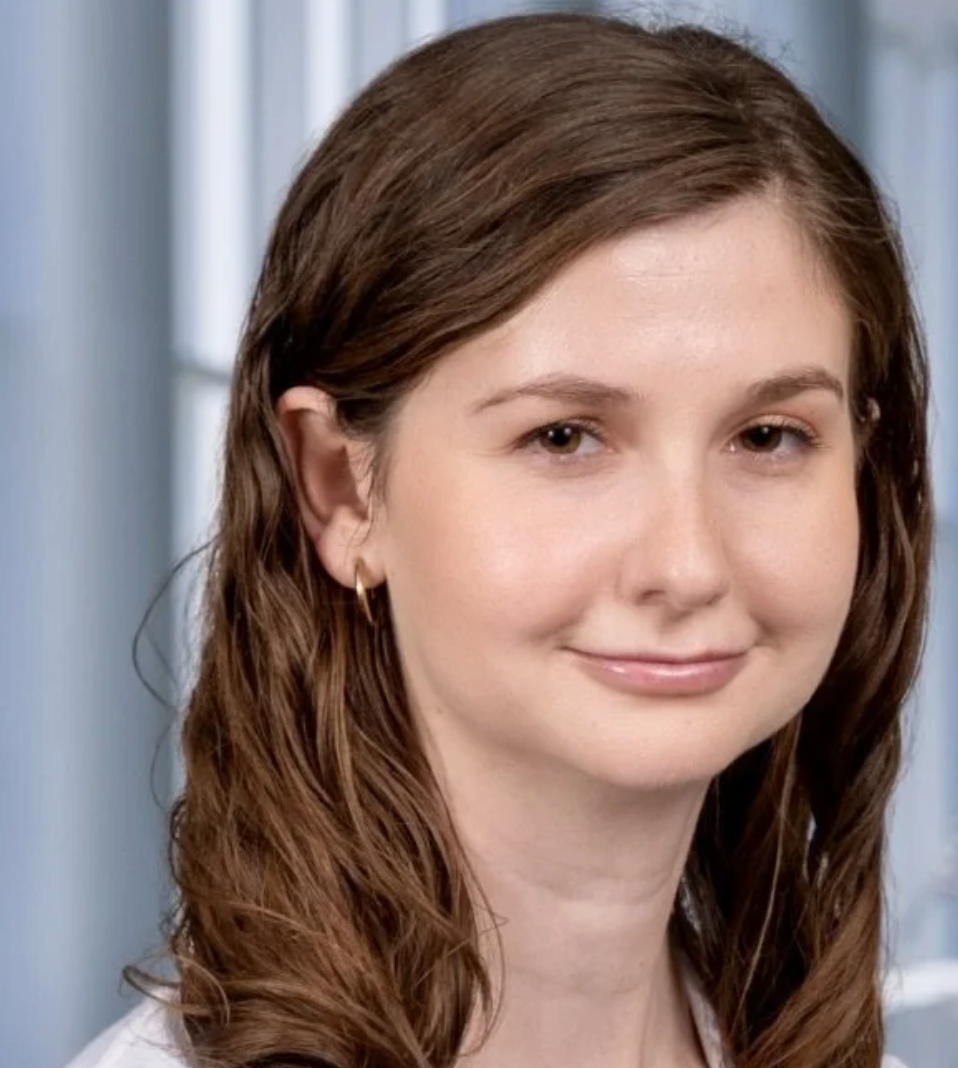“The center was my rest stop in my trek through cancer. It shimmers through my own understanding of how to care for people…But over a decade later, what I remember most is a feeling of restoration. … Being a patient makes you feel like a baby in a basket floating down a river with rapids.”
“Godfrey’s piece … reminds me how stories get told and re-told in many ways, in many layers. Like medicine in a glass bottle, sometimes our stories stay inside us, waiting to be opened, waiting for the words.”
“Years later, I still wonder what story the family of my patient carries of that death. The one thing they most needed to hear—that their loved one was dying—remained unsaid.”
“Psychologist and writer Faith Galliano Desai provides a solution, but it isn’t an easy one. She instructs us to remember that anxiety is energy that must move. If we let it pass through us, it will lose its power.”
“For fifty-eight years, I've lived with Type 1 Diabetes. My body speaks in tremors, in metallic tastes, in sudden collapses that look like laziness to people who don't know better…I've spent decades translating myself for others—apologizing for leaving early, for needing to sit, for being tired when I looked fine.”
“When facing illness or pain in any form, we often find ourselves alone. Not because the world is insensitive, but because even those who love us sometimes do not know how to help, how to interact, or cannot find the right words.”
I began to see grief everywhere.
A diagnosis started it, though I didn’t know, exactly, what I was seeing. I had no words for the gnawing inside my gut, the tightness beneath my sternum, the exhales that were just that much heavier. Grief was everywhere, but nameless. It became larger and louder until I could sense it, name it, be with it, speak about it. Only then did I begin to smile – really smile – again.
Grief will require it be Seen.
In her essay, “Giving Up the Fight” (Nonfiction, Intima, Spring 2023), Rebecca Stanfel tells the story of her experience living with sarcoidosis. She was the mother of a young child when the disease arose and was frequently incapacitated by pain, vertigo, and fatigue, as well as by lengthy hospitalizations. One doctor told her she might “drop dead at any moment.”
“Leaving my homeland means carrying these uncertainties with the knowledge that a phone call, an email, a single test result can change the shape of a life we thought we knew. But like sea glass, we are shaped by what we endure, softened by time, and held together by the stories we share across miles and years.”










“I have found that [breast and colorectal cancer patients] share the same labyrinth and my new, uncertain life is not quite as frightening. The blue of a colon cancer ribbon is lovely. So is pink.”